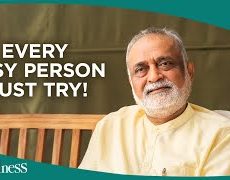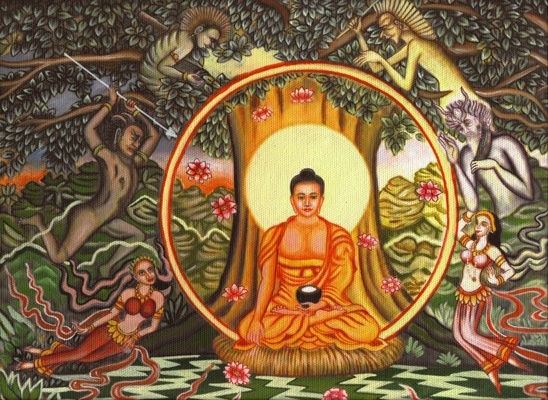The Spanish philosopher, novelist, and poet , Miguel De Unamuno, is perhaps best known for his book the tragic sense of life (1913). In this he writes that all consciousness is consciousness of Death (We are painfully aware of our lack immortality) and of suffering. What makes us human is the fact that we suffer. Happyho also provide best Meditation classes in Noida and Delhi NCR India area.
At first glance, it may seem as if this idea is close to that of Siddhartha Gautama the Buddha, who also said that suffering is an inescapable part of all human life. But Unamuno response to suffering is very different. Unlike the Buddha, Unamuno does not see suffering as a problem to be overcome through practising detachment. Instead he argues that suffering is essential part of what it means to exists as a human being and a vital experience.
If all consciousness amounts to consciousness of human mortality and suffering as Unamuno claims, and if consciousness is what makes us distinctively human, than the only way we can lend our lives a kind of weight and substance is to embrace this suffering. IF we turn away from it we are not only turning away from what makes us human, we are also turning away from consciousness itself.
There is also an ethical dimension to the Unamuno’s idea on suffering. He claims that it is essential to acknowledge our pain, because it is only when we face the fact of our suffering that we become capable of truly loving others suffering beings. This presents us with a stark choice. On the one hand we can choose happiness and do our best to run away from suffering. On the other hand, we can choose suffering and love.
The first choice may be easier, but it is a choice that ultimately limits us – indeed, severs from an essential part of ourselves. The second choice is more difficult, but it is one that opens the way to the possibility of a life of depth and significance.




